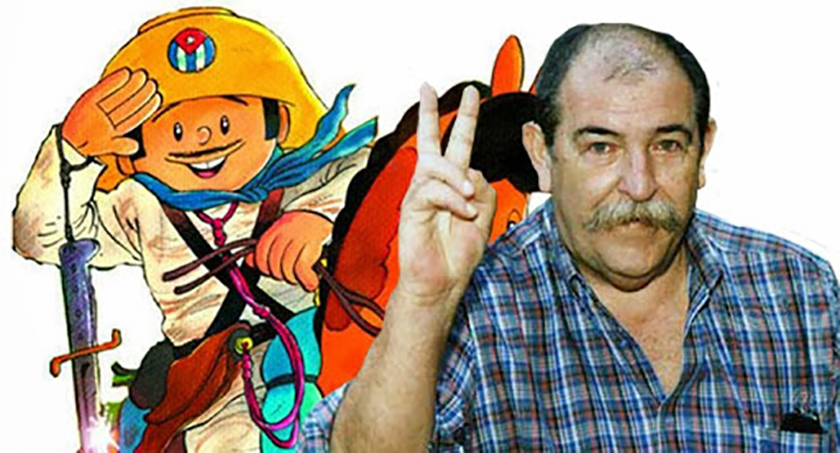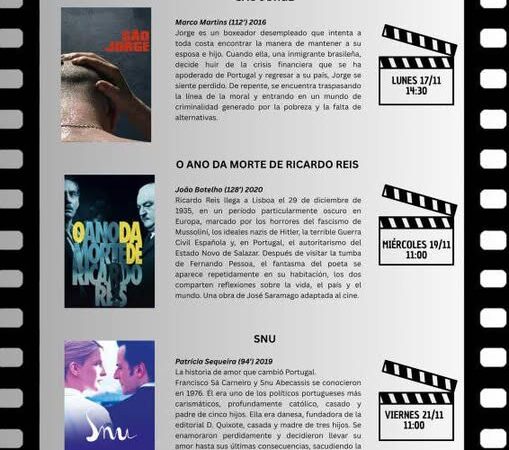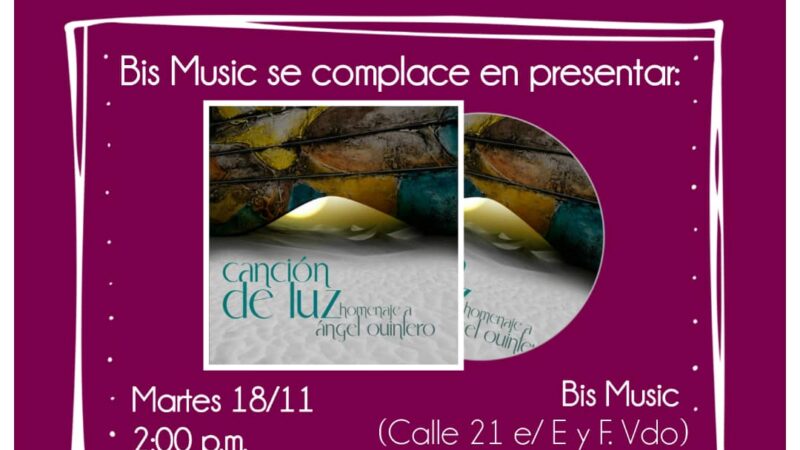Juan Padrón, a Synthesis of Cuban Popular Culture

This January 29, we commemorate the 76th birthday of Juan Padrón. He was an illustrator, scriptwriter and cartoonist who was responsible for establishing important memories in several generations of Cubans, the character of Elpidio Valdés and the popular taste with Vampiros en La Habana.
Born in Jovellanos, Matanzas, in 1947, Padrón graduated in Art History in 1978. He began his career as a cartoonist in 1963, working for the magazine Mella, El Sable, a supplement of Juventud Rebelde, and as an animation cameraman in the film department of the Revolutionary Armed Forces (FAR).
In 1974 he began working at the Cuban Institute of Cinematographic Art and Industry (Icaic in Spanish), where he consolidated the well-known animated character Elpidio Valdés, who had first appeared four years earlier in the weekly magazine Pionero.
After a creative pause, in 1980 he created the cartoon series Filminutos, and later, thanks to his international prestige, he obtained financing from two foreign companies and made Vampiros en La Habana in 1985, the same year as Quinoscopios, a cartoon series created in collaboration with the Argentine cartoonist Joaquín Lavado (Quino).
A member of the National Committee of the Union of Writers and Artists of Cuba (Uneac in Spanish), Padrón’s films were recognized in Cuba and abroad, where he delighted children and adults alike. Proof of this were the awards for El Diablo Cojuelo and the eight Coral Awards at the International Festival of New Latin American Cinema.
He received the Alejo Carpentier Medal in 1988, the annual Juan Gualberto Gómez Journalism Prize a year later, and the Juan Marinello Order in 1989.
Other awards in Juan Padrón’s prolific career include the Félix Varela Order (2001), the National Humor Award (2004), the National Film Award (2008), and the 280th anniversary plaque of the University of Havana in 2010.
Juan Padrón died on March 24, 2020, after a twenty-day struggle with a respiratory illness.
Without manichaeism or prescribed formulas, Padrón’s drawings, in their essence, transpire many situations and people drawn from real life. It will go down in history as the commitment of an artist who brought to humor, harmoniously and naturally, the synthesis of Cuban popular culture.



